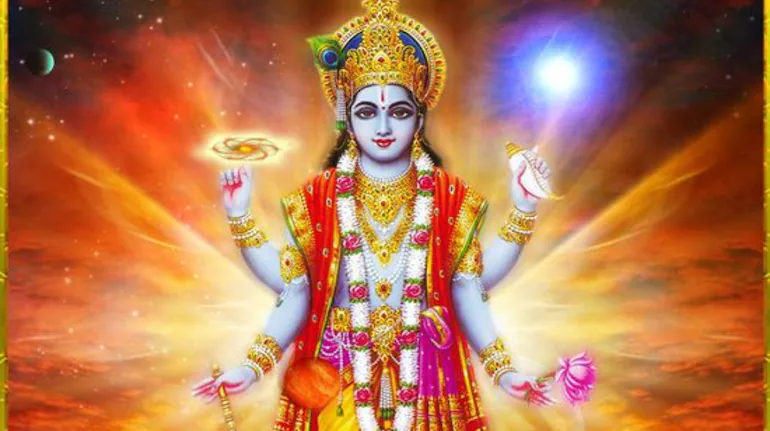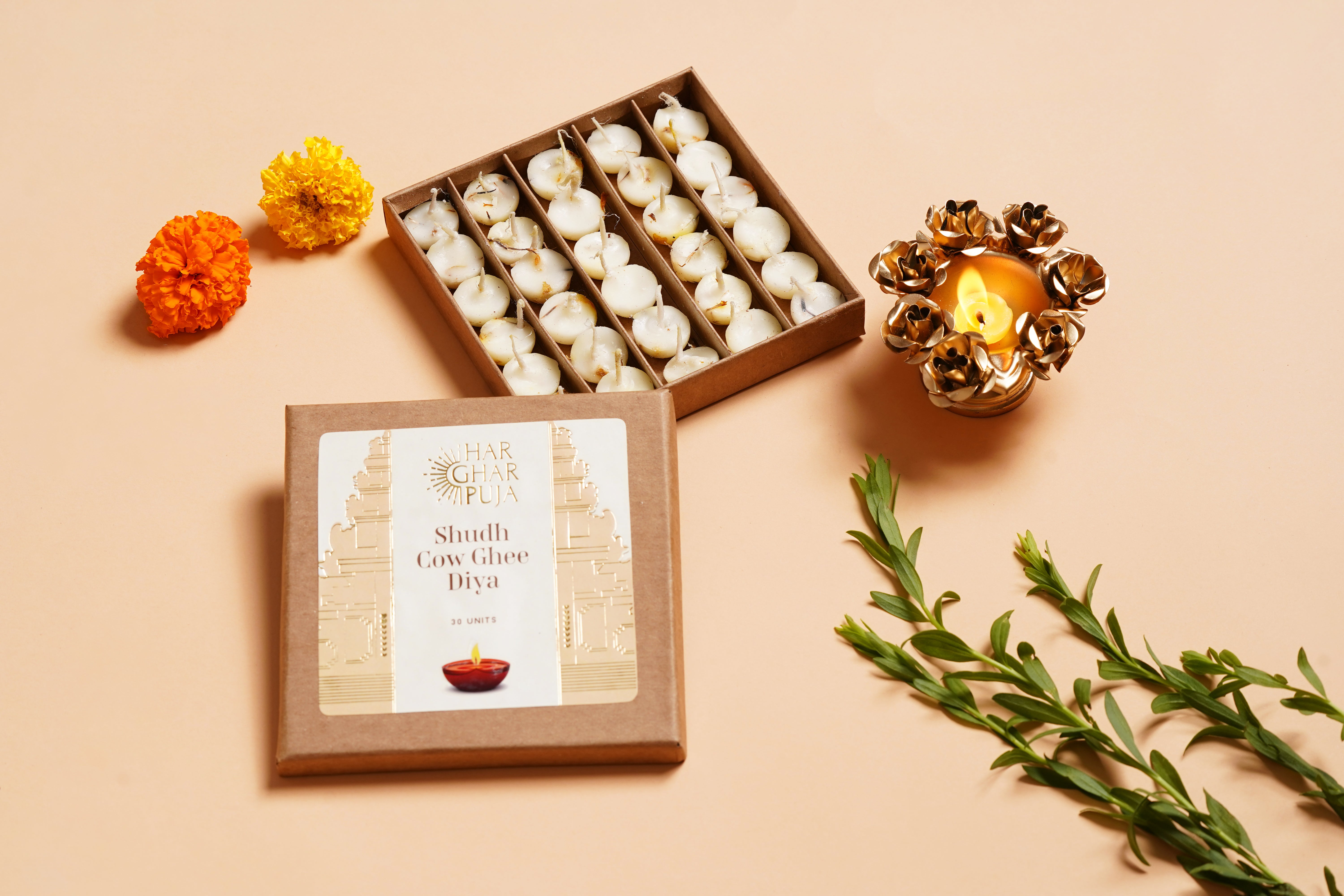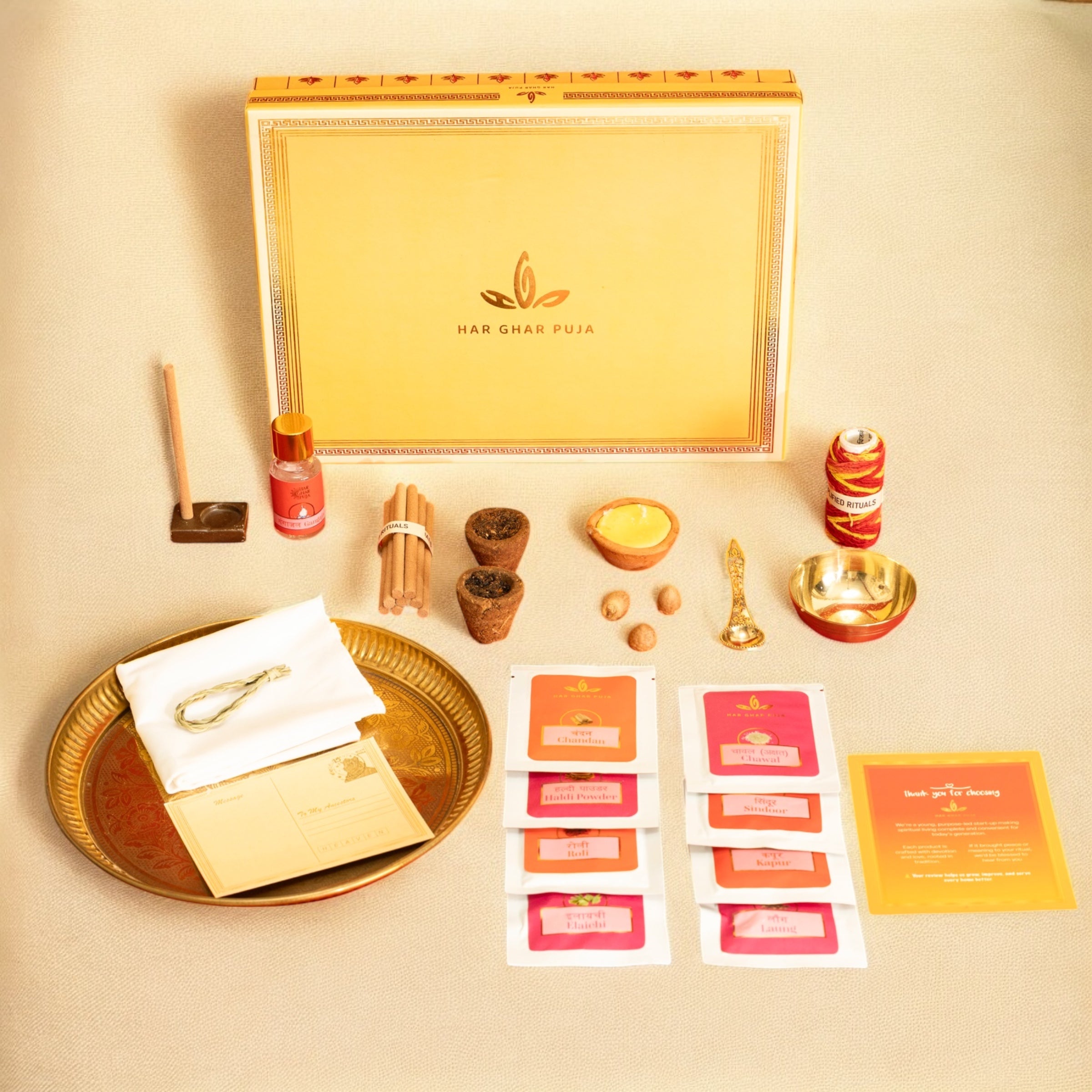Pausha Putrada Ekadashi is a sacred day to observe fast by the Vaishnavas. It falls on the ‘Ekadashi’ (11th day) during the Shukla Paksha (the bright fortnight of moon) of the month of ‘Pausha’ in the traditional Hindu calendar which usually falls in the month of December to January according to the English calendar. The word ‘Putrada’ in Hindi implies ‘giver of sons’ and as this ekadashi falls during the Hindu month of ‘Pausha’ it is known as ‘Pausha Putrada Ekadashi’. This ekadashi is mainly observed by couples who desire to be blessed with a son. On Ekadashi, Lord Vishnu is worshipped with complete dedication.
Pausa Putrada Ekadashi 2025 is on January 10 Friday
Let’s have a look at the timings, story and importance of this Ekadashi
Table of Contents
Important Timings of Pausha Putrada Ekadashi 2025
Sunrise January 10, 2025 7:14 AM
Sunset January 10, 2025 5:54 PM
Ekadashi Tithi Begins January 09, 2025 12:23 PM
Ekadashi Tithi Ends January 10, 2025 10:20 AM
Hari Vasara End Moment January 10, 2025 3:50 PM
Dwadashi End Moment January 11, 2025 8:22 AM
Parana Time January 11, 7:14 AM – January 11, 8:22 AM
Pausha Putrada Ekadashi Vrat Katha

Dharmaraj Yudhishthir asked Lord Krishna, “O Krishna! Please tell me about the observance of the Ekadashi Vrat during the month of Pausha. On this day, which deity is to be worshipped, and what is the proper procedure?”
To this, Lord Krishna replied, “O King! The name of the Ekadashi in the bright fortnight of Pausha is Putrada Ekadashi. The observance should be performed with the prescribed rituals. In this vrat, one should worship Lord Narayana. By the fruits gained from this, a person becomes virtuous, knowledgeable, and prosperous.
Now, let me narrate a story related to this.
In ancient times, there was a city called Bhadravati, which was ruled by a king named Suketuman. He was childless, and his wife’s name was Shaivya. Due to the constant worry of not having a son, the couple remained anxious. The old fatherly figures of this sonless king used to perform funeral rites for their ancestors with tears in their eyes, wondering about who would conduct these rites for them after their demise. Even though the king and his kingdom were very prosperous, he couldn’t find contentment with this glory.
The sole reason for this discontent was the absence of a son in his life. He contemplated who would offer him funeral rites after his death. Without a son, one cannot be liberated from debts to ancestors and deities. A household without a son is always in darkness. Therefore, one should strive for the birth of a son. The wealth, son, etc., are obtained in this life through the deeds of past lives. In this way, the king remained engrossed in this worry day and night.
One day, the king contemplated giving up his body, but as he pondered, he realized that suicide was a grave sin. With this thought in mind, the king secretly went into a forest one day. Riding on horseback, he began to observe the birds and trees. Elephants were wandering around with their mates and young ones, and the forest was filled with various creatures. The king immersed himself in deep thought as he observed the scenes around him.
After some time had passed, due to thirst, the king became restless and started searching for water. After a short distance, he came across a pond. Surrounding the pond were ashrams of ascetics. At that moment, the king’s right limb started twitching. Feeling happy about this good sign, the king dismounted from his horse, prostrated before the ascetics sitting by the pond, and then sat before them.
Upon seeing the king, one of the sages spoke, “O King! We are extremely pleased with your presence. Please tell us how and why you came to this place?” In response, the king asked them, “O sages! Who are you, and why are you here? Please enlighten me.”
The sage replied, “O King! Today is the auspicious Ekadashi of Pausha Shukla Paksha. We are Vishwadevas, and we have come here to take a holy dip in this pond as the sacred festival of Magh Snan will be observed five days after the Ekadashi.
After listening to the sage, the king expressed, “O revered sage! I have no son. If you are pleased with me, then grant me the boon of having a son.” The sage responded, “O King! Today is the Putrada Ekadashi. It would be best if you certainly observed this fast. With the grace of the Lord, you will undoubtedly be blessed with a son by the merits of this Ekadashi fast.”
Following the words of the sage, the king observed the fast of Ekadashi, performed the Parana on Dwadashi, paid respects to the sages, and finally returned to his palace. In the end, the queen conceived, and after nine months, she gave birth to a son, a true gem. In the end, the prince grew up to be extremely valiant, wealthy, successful, and a protector of the people.
Bhagavan Shri Krishna said, “O King! To attain a son, one should observe the fast of Putrada Ekadashi. Those who listen to and recite the glories of this Ekadashi are bestowed with heavenly rewards in his lifetime and attain moksha in the afterlife.”
Rituals during Pausha Putrada Ekadashi
The Pausha Putrada Ekadashi vrat is mainly observed by women and couples who desire to give birth to a son. On this day Lord Vishnu is worshipped devotedly to be blessed with a male child. Couples also pray to their deity for the well-being of their offspring. No food is eaten at all during the ekadashi and the fast continues for a period of 24 hours. Even those who do not observe the Pausha Putrada Ekadashi, must abstain from consuming cereals, rice, beans, grains and specific spices and vegetables on this day.
For couples desiring a male child, both the wife and husband should observe the Pausha Putrada Ekadashi. If one cannot keep a complete fast, partial fasting is allowed and is equally fruitful.
On the day of Pausha Putrada Ekadashi the couple should avoid sleeping during the time and keep a ‘jagaran’ by singing bhakti songs of Lord Vishnu. Reciting ‘Vishnu Sahastranaam’ and other Vedic mantras is also believed to be auspicious. The devotees also visit the nearby temples of Lord Vishnu as on this day special puja and bhajan kirtans are organised.
Importance of Pausha Putrada Ekadashi
In the Hindu society, bearing a son is extremely important as he is the one who looks after the parents during their old age. Also in the Hindu customs, a son is only entitled to offer ‘shraddha’ ritual to his ancestors. Therefore this day of ‘Pausha Putrada Ekadashi’ is dedicated to bestow the couples with a male progeny. There is a total of 24 ekadashis in the Hindu year, with each one having a specific goal. But the power of blessing a couple with a male child is present only in the two ‘putrada’ ekadashis, with one of them being the Pausha Putrada Ekadashi.
Also by observing this sacred fast, all the sins of the person will be pardoned and the observer will enjoy a happy and prosperous life. The greatness of Pausha Putrada Ekadashi is mentioned in the ‘Bhavishya Purana’ as a discussion between King Yudhisthira and Lord Krishna.
If you wish to buy authentic and fragrant incense to make your puja and rituals more powerful, consider buying our products by clicking this link.







